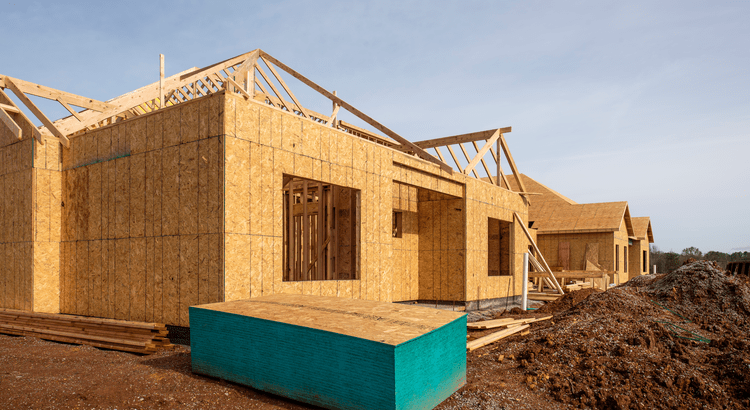Seller Concessions: A Smart Strategy To Get Your House Sold
Seller Concessions: A Smart Strategy To Get Your House Sold

Over the past few years, the real estate market has predominantly favored sellers. However, as the inventory of homes for sale increases, the market is starting to balance. This shift means that sellers may need to adopt more flexible strategies to close deals effectively. One approach that can facilitate this is offering concessions.
The National Association of Realtors (NAR) highlights that concessions can significantly enhance a property's appeal to potential buyers, potentially speeding up the sale process and making terms more agreeable to both parties.
“As home inventory begins to grow and buyers regain some advantage in the market, sellers may consider offering more in negotiations to make the deal more attractive and get to the closing table.”
Seller concessions are benefits that a seller agrees to offer to facilitate a sale. These can be an effective tool in negotiating and closing deals, especially in a shifting market that is becoming more balanced. According to the National Association of Realtors (NAR), nearly one in four sellers (24%) offered concessions in 2024. Here are some of the most common types of concessions:
-
Covering Closing Costs: Sellers may agree to pay part or all of the buyer's closing costs, which can include appraisal fees, title insurance, and loan-related fees.
-
Price Adjustments: Instead of undertaking repairs, a seller might reduce the purchase price to account for renovations the buyer will need to address.
-
Adding a Home Warranty: Providing a home warranty can reassure buyers that major repairs or appliance breakdowns within the first year will be covered.
These concessions are typically deducted from the seller's profits at closing, so they don't require upfront cash from the seller. Concessions aren't always monetary; they can include additional incentives like leaving behind personal property that may be useful to the buyer, such as a lawn mower for first-time homeowners with a yard.
How Concessions Help Sellers
Offering concessions can be a strategic move for sellers looking to close a deal swiftly and effectively. Dennis Shirshikov, Professor of Finance and Economics at City University of New York/Queens College, explains that concessions can make a property more attractive and help bridge the gap between asking price and what a buyer is willing to pay, thereby facilitating negotiations and leading to successful sales outcomes.
"Pricing homes realistically and being willing to offer concessions, such as covering a portion of closing costs or including upgrades, will be key to closing deals . . . in a less frenzied market.”
For instance, suppose you've accepted an offer on your home, but the buyer's inspection reveals some necessary repairs. Instead of starting over with a new buyer, you might consider offering a concession. You could choose to handle the repairs and absorb the costs, or if you prefer to avoid the hassle of contractors, you might reduce the selling price by the estimated cost of repairs. Another option is to offer to pay a portion of the buyer's closing costs, allowing them to use the savings for repairs.
Concessions like these can be effective ways to compromise and keep a deal moving forward. However, it’s crucial to have a real estate agent to assist with these negotiations. A skilled agent can advise you on when and how to offer concessions without compromising too much, ensuring that the sale remains advantageous for you.
Bottom Line
As the market shifts towards more equilibrium, seller concessions are becoming more relevant in certain areas. The key to navigating these concessions effectively is to have a knowledgeable agent who can guide you through the process, ensuring outcomes that favor you.
What kind of concession would you consider offering to facilitate a sale? Let’s discuss how we can make your sale work smoothly.
Categories
Recent Posts










